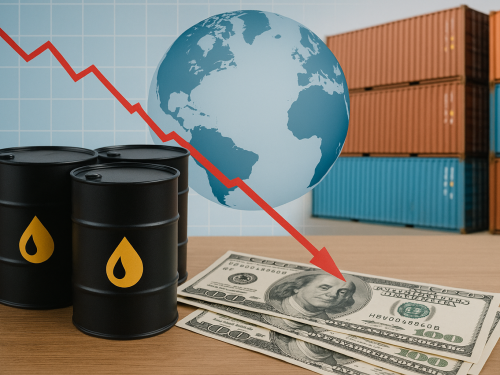News
Share on
"All things being equal, assuming that the energy shock persists and may even worsen, both Confindustria and the government estimate growth at around 2%, i.e. what has already been achieved with the boost from last year, without any new development. It must be realised that the speed of recovery has slowed since well before the war". Thus Carlo Bonomi, President of Confindustria, in an interview with Corriere della Sera.
"The signs of a slowdown began last autumn. As Confindustria we had called for a growth-oriented budget law, but an opportunity was wasted. Instruments that helped companies to invest, from the Patent Box to the Industry 4.0 incentives, have left the scene or are about to do so. And tax interventions have been largely dissipated, instead of concentrating them on cutting contributions,' Bonomi continued, saying that 'if the spaces in the budget law had been used better, there would have been resources to support the groups most affected by the pandemic - young people and women -, also in favour of competitiveness,' he explained, adding that often comparing himself with his colleagues in France and Germany, he noticed a difference: 'from them defence of industry is a factor of national securitybecause it is industry that creates income and jobs. We do not have this awareness. The problem does not lie with President Draghi, it lies with the parties'.
France has nuclear power and Germany more resources, while in Italy 'the energy problem is more acute. For us, the share of electricity produced from gas is much higher even than in Germany, and this risks becoming a handicap for companies, because gas is priced much higher than other energy sources'.
On cap on gas prices imposed by the European Union on foreign producers, the President's position is clear: "Italy has proposed it, but if Europe does not want to we must act aloneA cap on the price of gas bought wholesale in Italy, far below current levels, is a feasible option. Arera, the energy authority, can convene the gas importers and demand transparency. We need to know how much they pay for gas and know the duration of the contracts. I don't think the importers buy everything at the crazy market prices of this phase. We will then understand how to apply a cap and what the profits are on electricity. The latter is resold at tariffs that reflect the very high current market price of gas: we will see if there are speculators'.
With regard to electricity, Bonomi explained that 'Confindustria wants to intervene upstream, on the import price of gas. But there are those who profit more from the price increases. It is true that the government already redistributes 10% of the extra profits, but the levy at 10% frees up four billion in six months. Instead, at these prices, of the bill increases of around 40 billion will be borne by businesses and households. There is a risk that the current 16-20% of companies reducing production will become 50%. Yet, this is not yet felt to be a national security issue'.
To address this situation, the President has, therefore, presented other three proposals. " Changing Pace on 400 Renewables Installations stopped due to lack of authorisations, especially at decentralised level; reserve a share of energy produced from renewables for companies reflecting actual production costs and not the much higher gas prices; increase domestic gas production beyond what has already been decided so far, for example in the Upper Adriatic'.
Introducing a gas cap at the national level is more complex, however, and at the European level the proposal is blocked, because 'Norway saw its sovereign wealth fund revenues increase by 150 billion in 2021 by selling us gas at these sixfold market prices. And now it is pressurising the Nordic EU countries not to accept the price cap. Sweden, in fact, has opposed it. As for Germany, it buys gas from Russia probably at much lower prices than we pay, because of the quid pro quo given to the Russians as NordStream. So, so far, it does not follow us'.
With regard to inflation, however, Bonomi stated that 'on a technical level, increases are already recognised on the basis of the harmonised price index (HICP). And the very low inflation in the recent past has meant that upward adjustments have exceeded actual price increases by 5% in two years. But it is true: dob we need to give more money to workers and the way to do this is to cut contributions, which so far we have not wanted to do". The resources are there: 'we have 900 billion in public spending every year. We have abandoned the spending review, but I can't believe that we can't start work to recover at least 16 billion. Tax revenues are projected by the Defence to increase from 527 billion in 2021 to 548 billion in 2022, and social security contributions from 246 to 263 billion. And the decline in public debt in the government's plans is substantial. The margins are there,' he concluded.

















